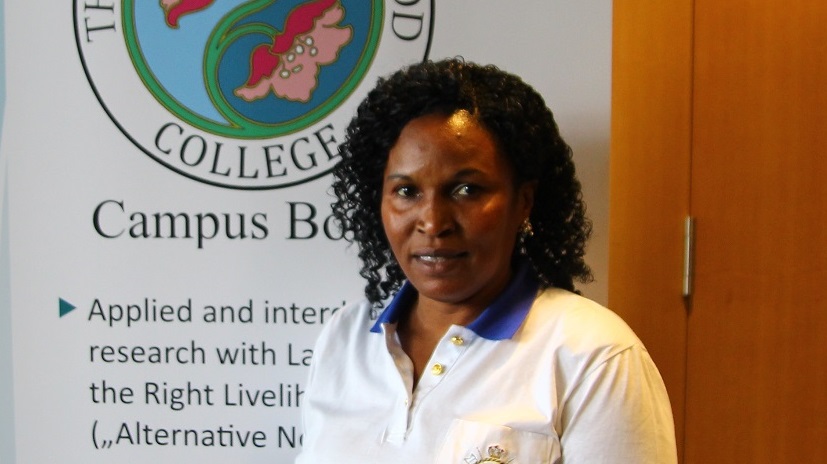
On the international day of women and girls in science, RLC Alumni Judith Akello shares her research with us on:
Unlocking the Socio- Economic Development Potentials: Women’s Experiences of Functional Adult Literacy (FAL) in Northern Uganda
Education is a human right that must be accessed throughout life. All ages, adults inclusive, should be proficient in literacy and should continue learning through multiple and flexible learning pathways and entry points. Women’s lack of literacy skills has frequently featured in national and international debates that have viewed literacy as a necessary condition for economic growth and national development. The debates have indicated that women have subsequently and historically been excluded and unable to identify obstacles in their social realities which challenge their socio-economic development. Global statistics indicate that, two-thirds of the non-literate population are women. In sub-Saharan Africa, a comparison between neighbouring countries show that Uganda has registered lower literacy rate and most of the non-literate population are women. In many developing countries, women that lack literacy skills are socially and economically handicapped. Literacy scholars have therefore, proposed functional literacy as the means through which the quality of a person’s life and ability to make informed decisions about life can be improved. This study investigated how Functional Adult Literacy plays or fails to play a role in the advancement of women’s socio-economic development in Apac district, Northern Uganda.
The study concludes that their inability to read, write or understand literature available for economic and social progress has disadvantaged them. Non-literate women’s inadequate ability to obtain and understand vital information has resulted in lower self-esteem and confidence and less participation in community meetings, decision-making process and leadership positions. Moreover, non-literate has limited skills to maintaining the home hygiene and health of their families, less ability and confidence to guide their children on the importance of education and loss in business due to limited skills. Nonetheless, majority of women in the study experienced positive changes in their lives, such as, improved reading, writing, simple arithmetic skills; participation in community meetings, decision-making process and leadership position; improved health promotion behaviours; contributed to influencing children’s performance, persistence and success in school; and substantive engagement in income generating activities and women’s changing economic status.
This study recommends that social and economic inclusion of adult people, particularly, women who missed formal education must start with policy review and action plan on compulsory FAL training programme. MoGLSD which coordinates FAL programme in Uganda, international development partners, NGOs and civil society should ensure that support and implementation of FAL programme takes priority. To sensitise the community on FAL benefits, stakeholders should initiate or support a forum or movement to give older persons momentum of participating in Sustainable Development Goals. To review, Development policy to ensure that FAL trainees are part of the general planning. Given that keeping a commitment is a way to shared accomplishment, there is need for an evident political will and guarantee that supports the programme throughout its stages: launching of FAL programme and graduation ceremony of FAL trained graduates should be presided over by a designated senior official, for instance, MoGLSD officials, Education Officials, Members of Parliament and District Local Council Chairpersons which represents higher levels of political presence and technical staff.
Please find the research published here or here.
